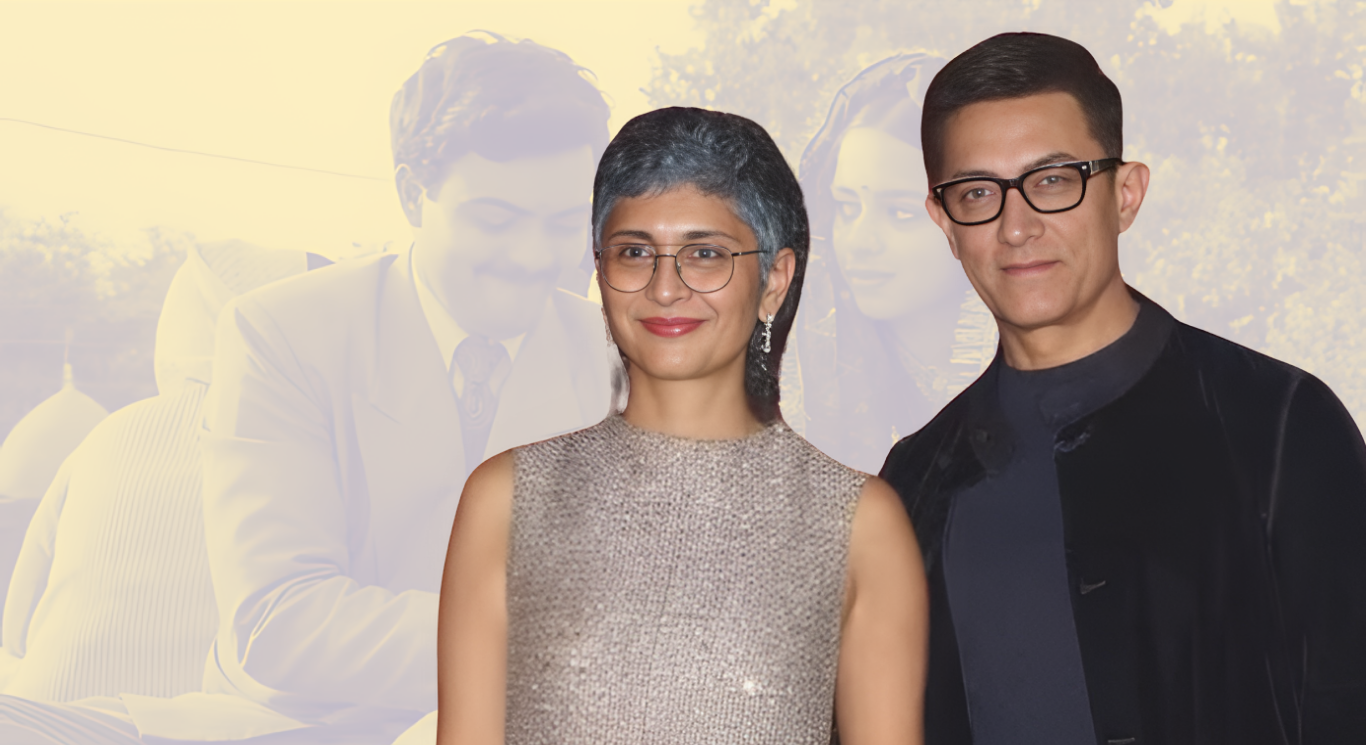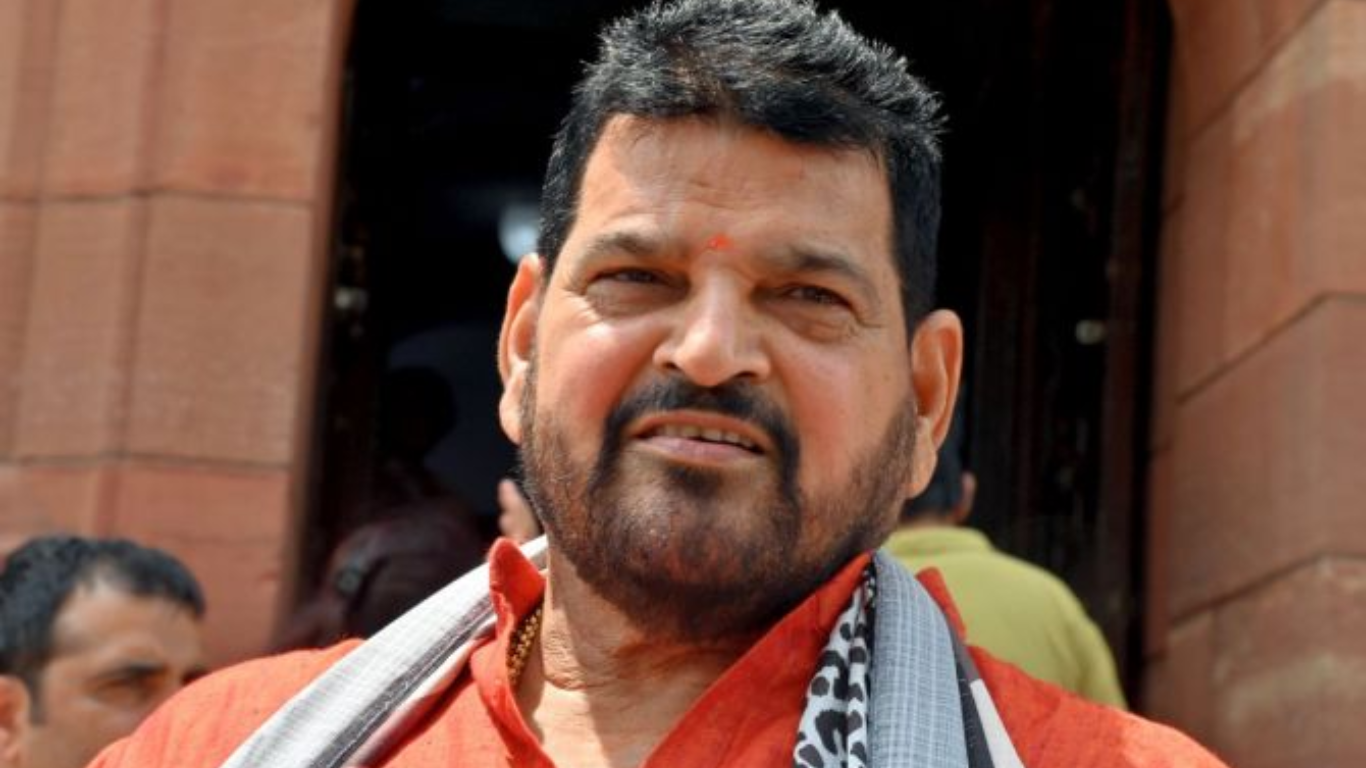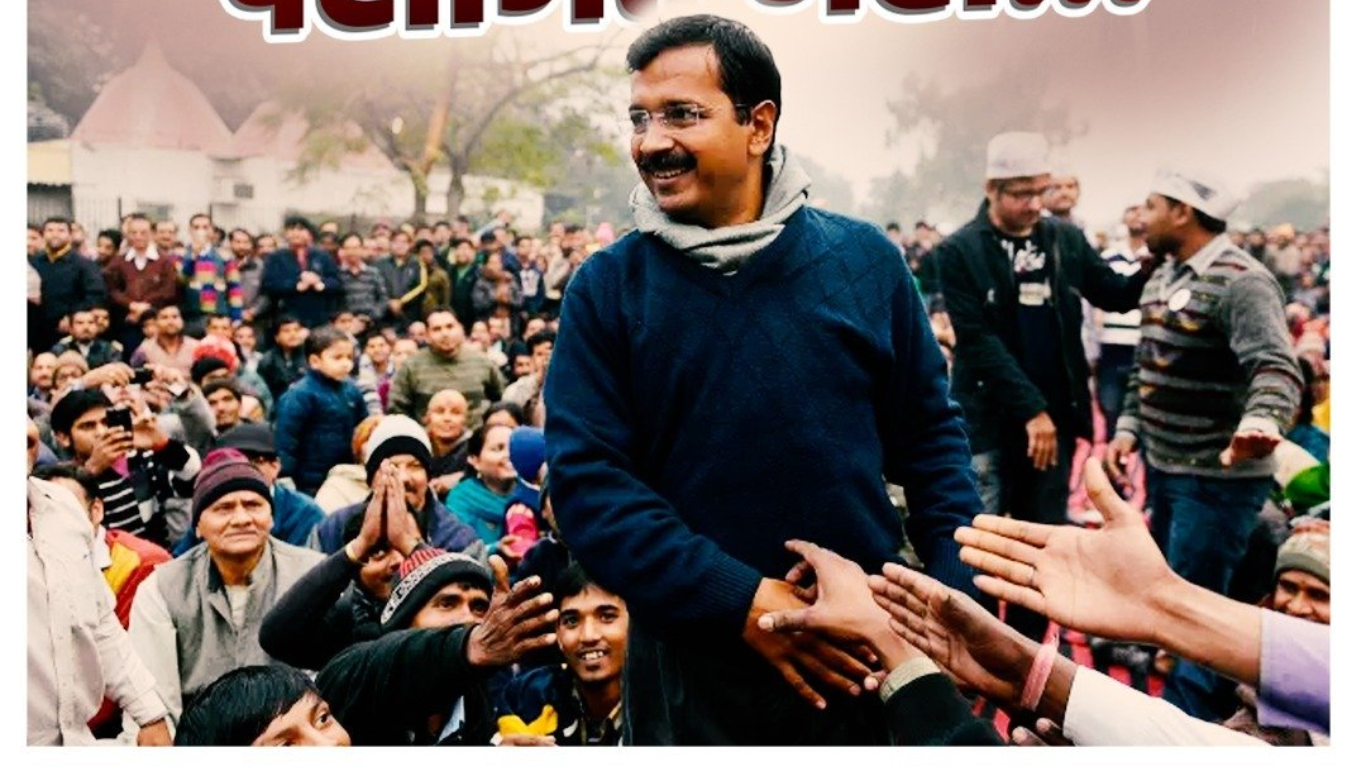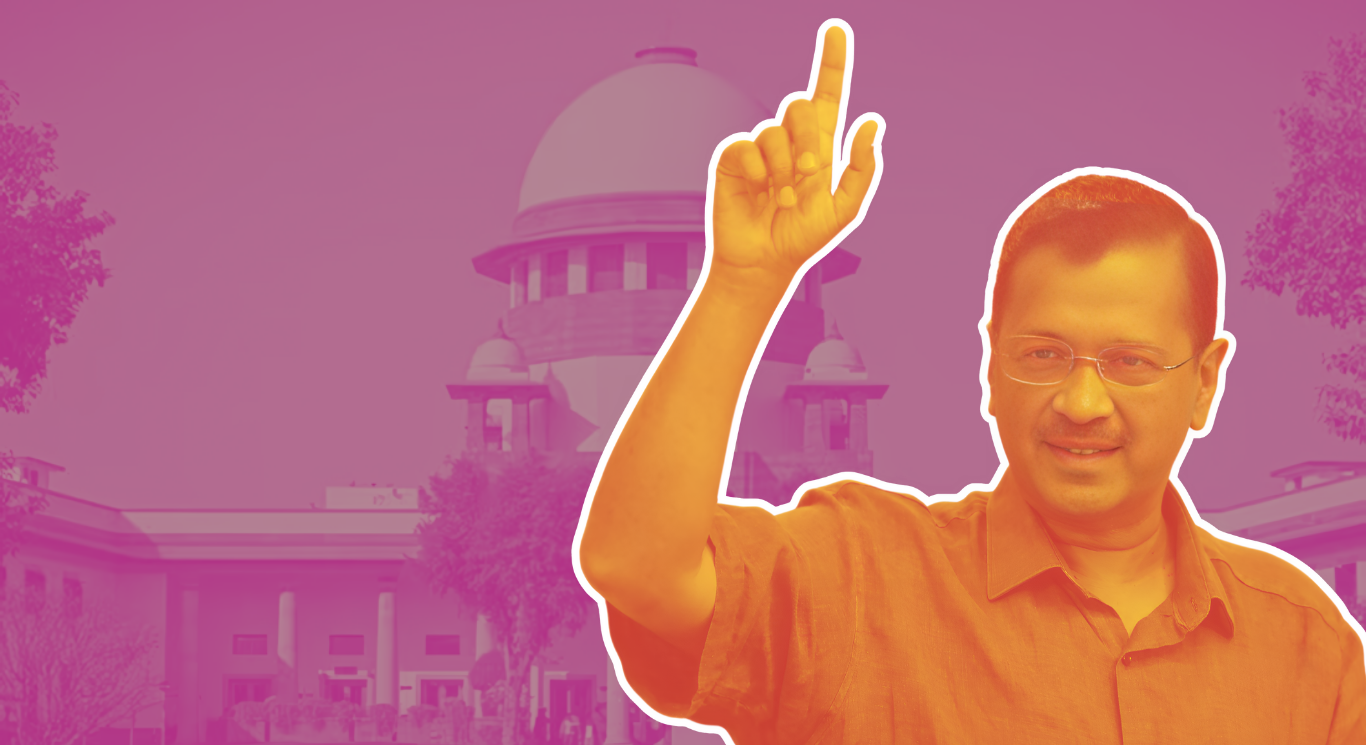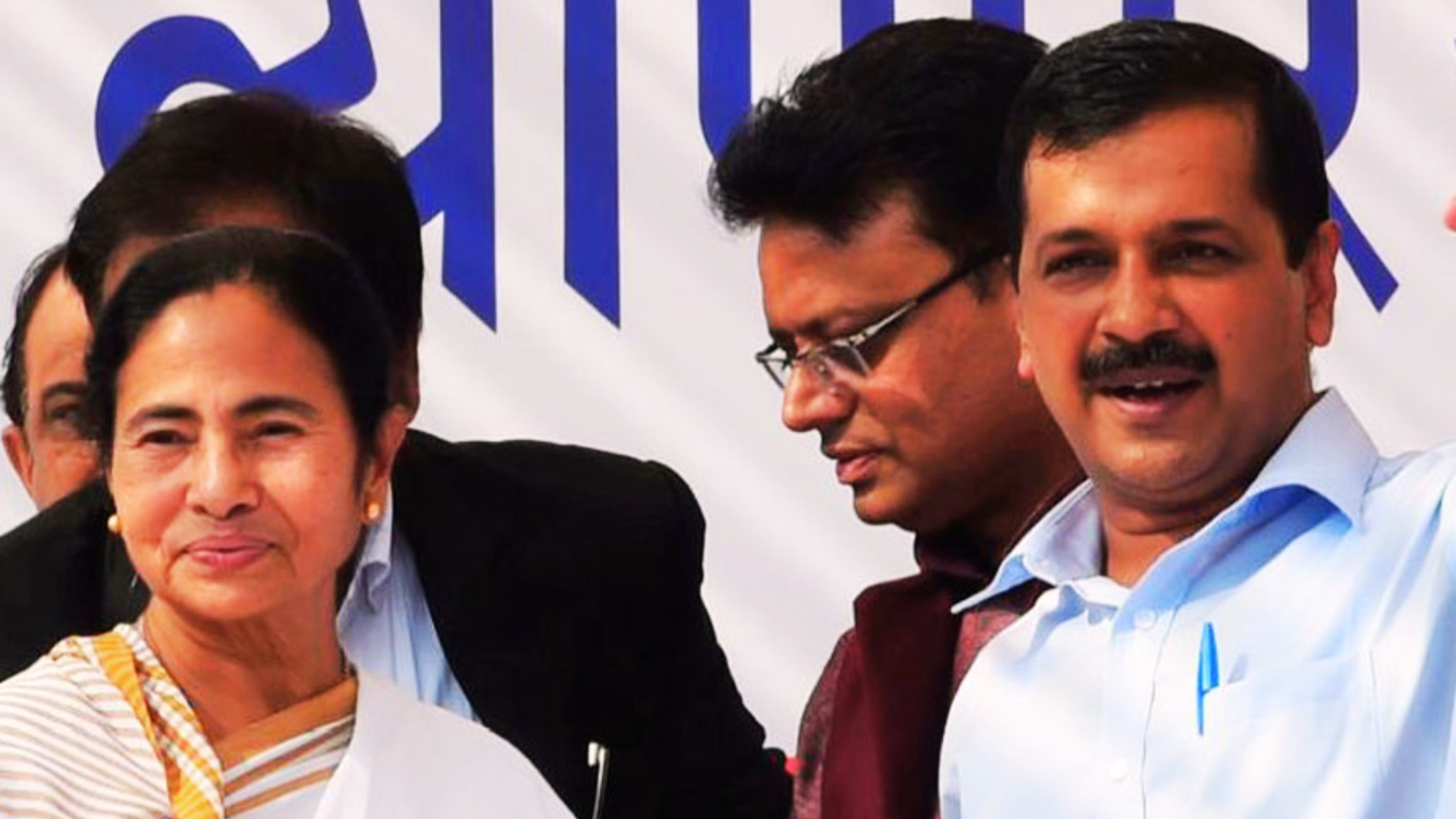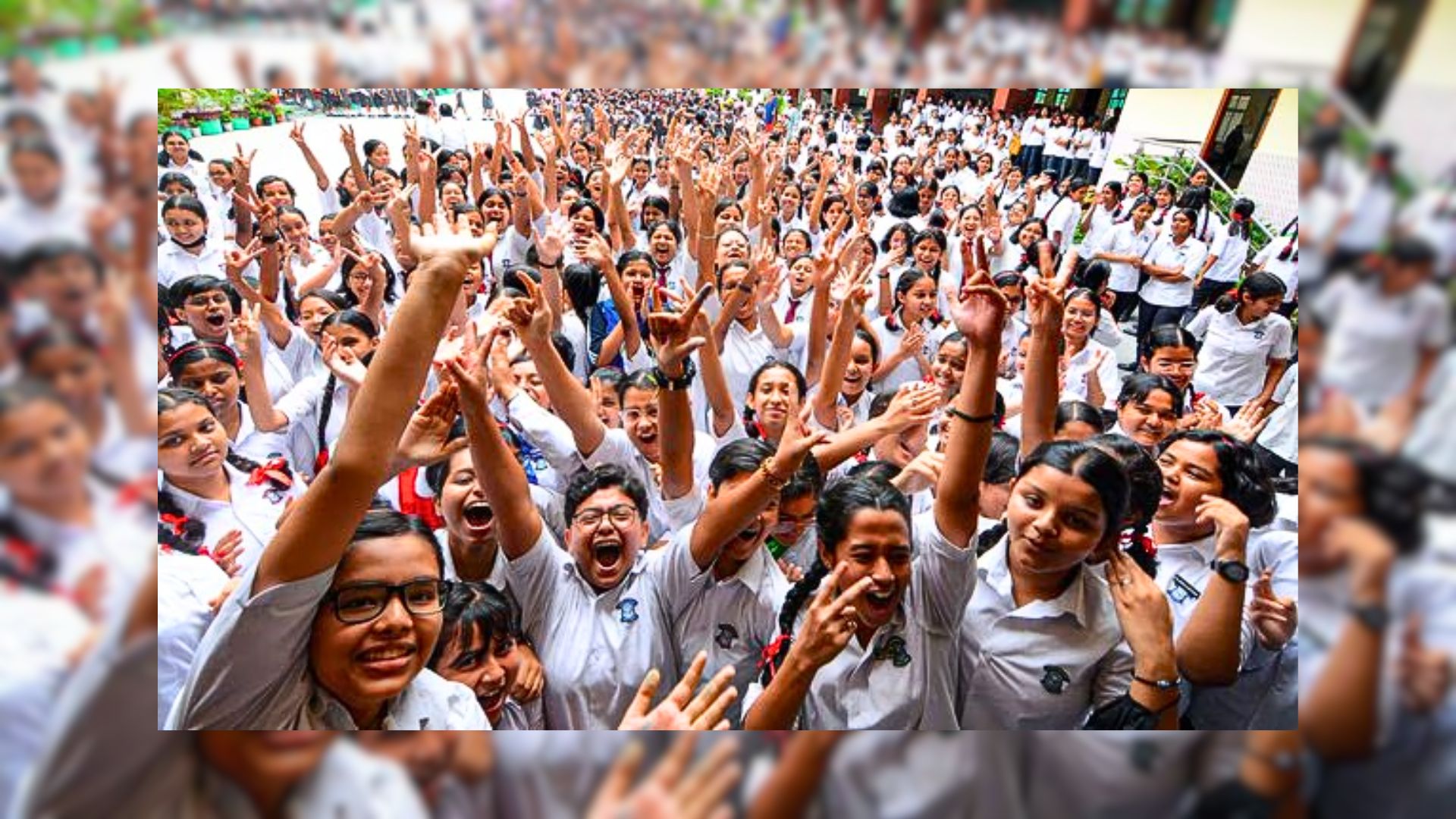


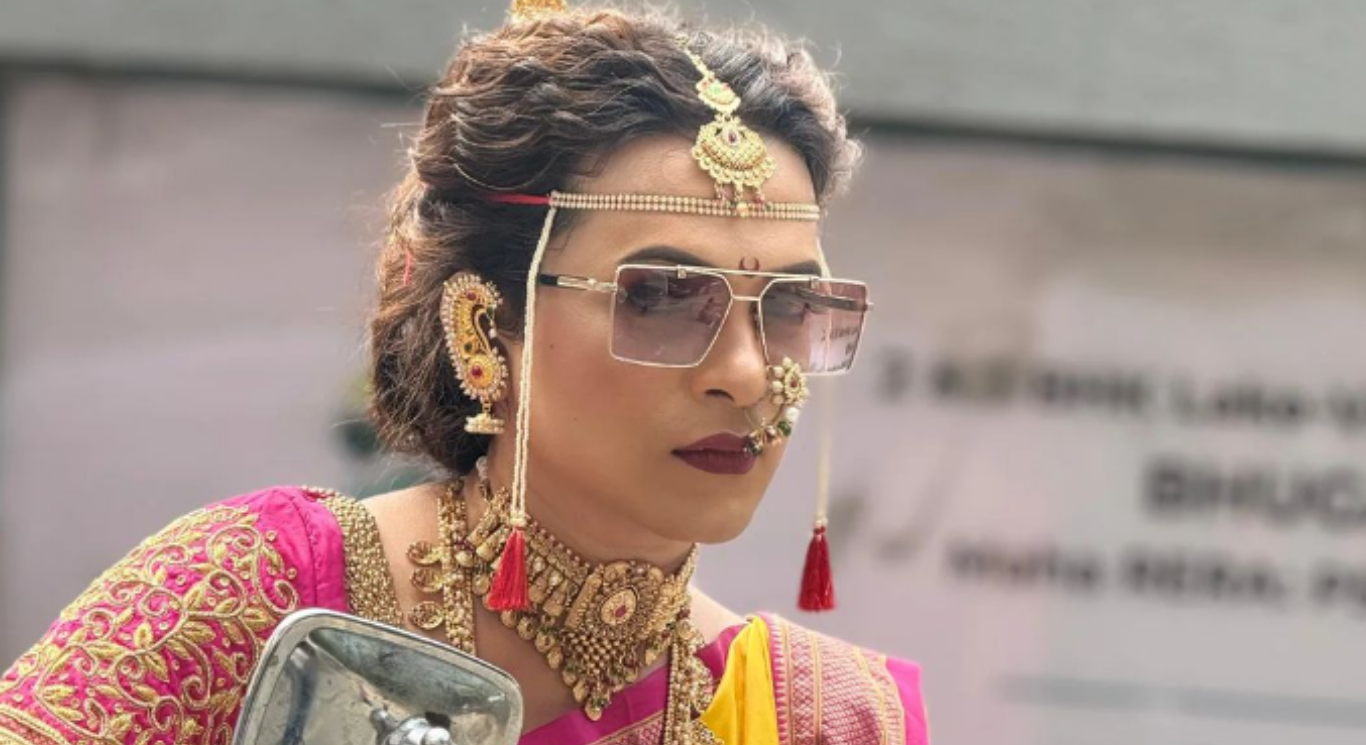

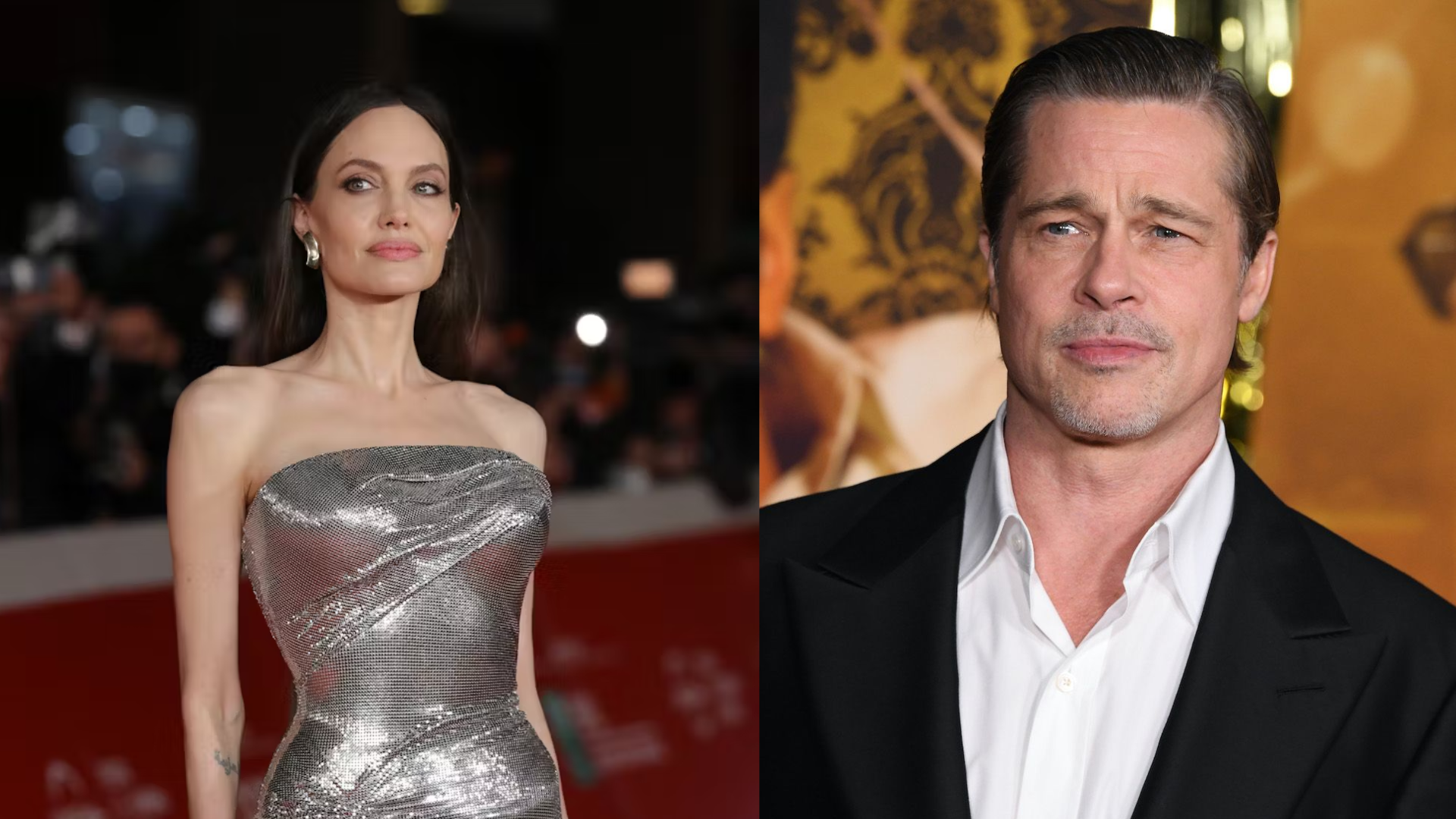
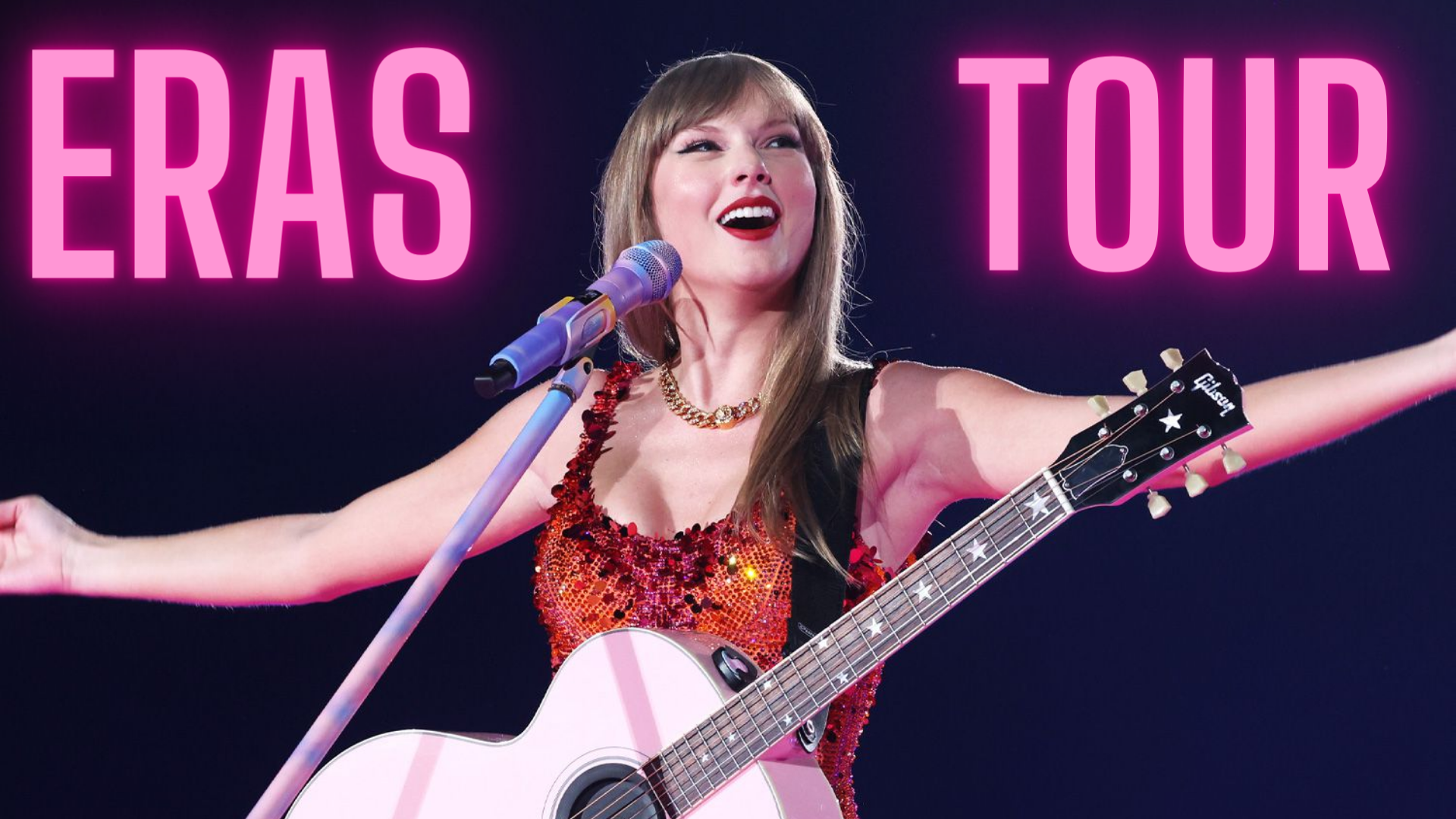
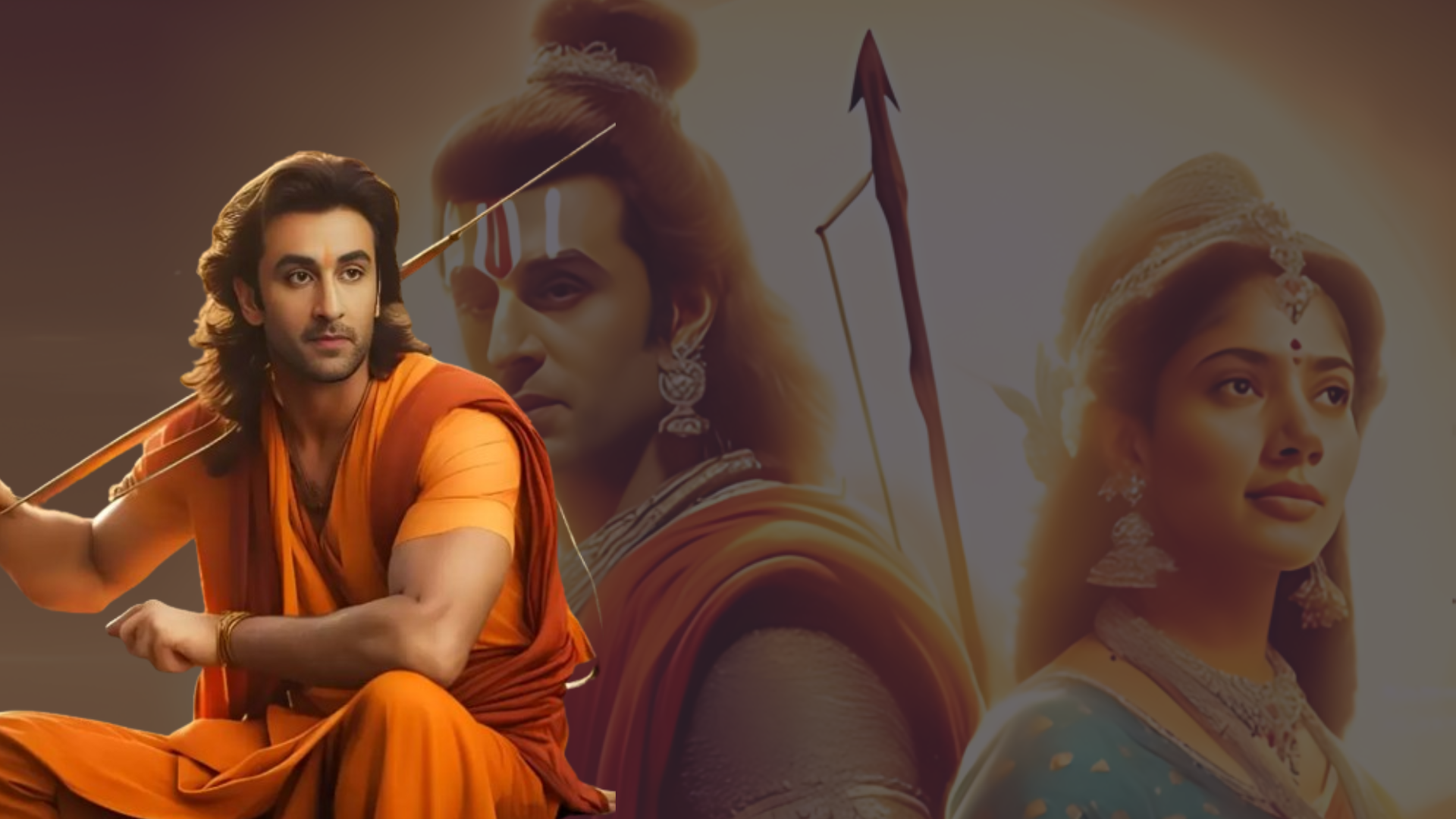

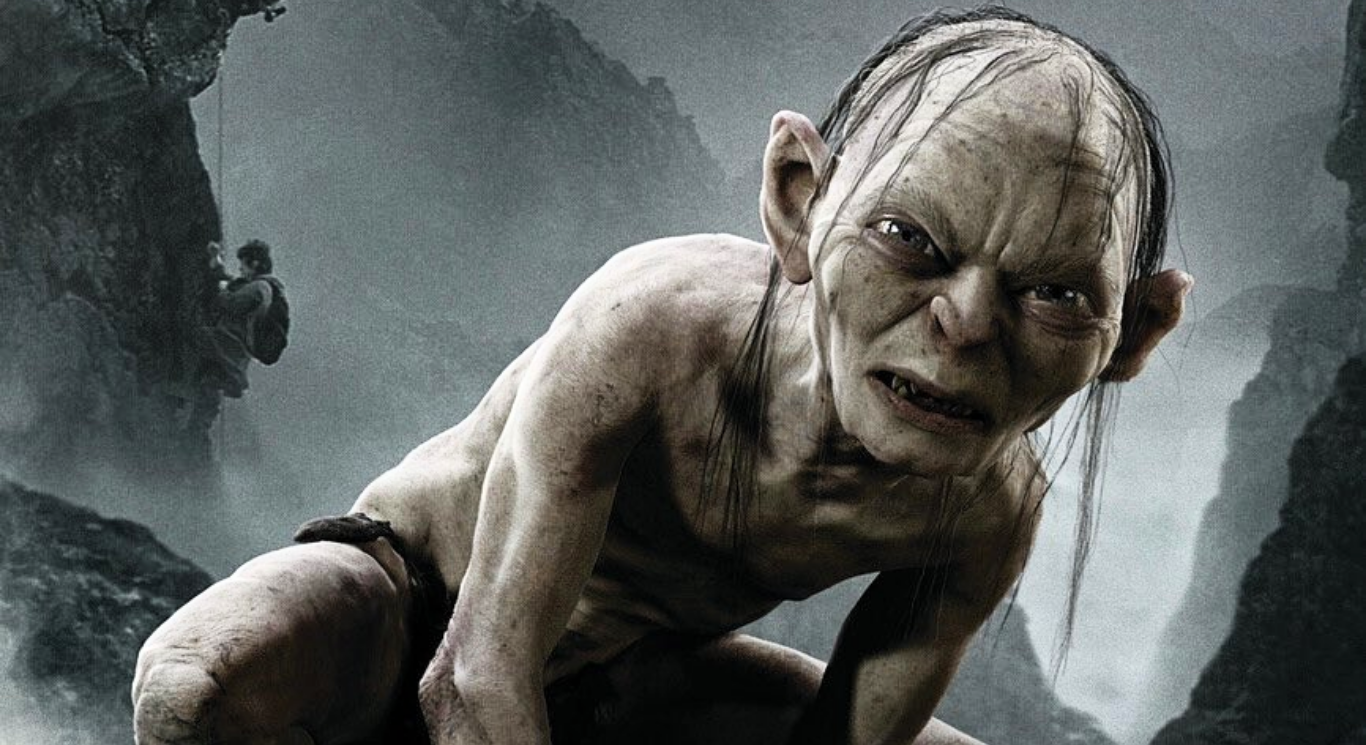
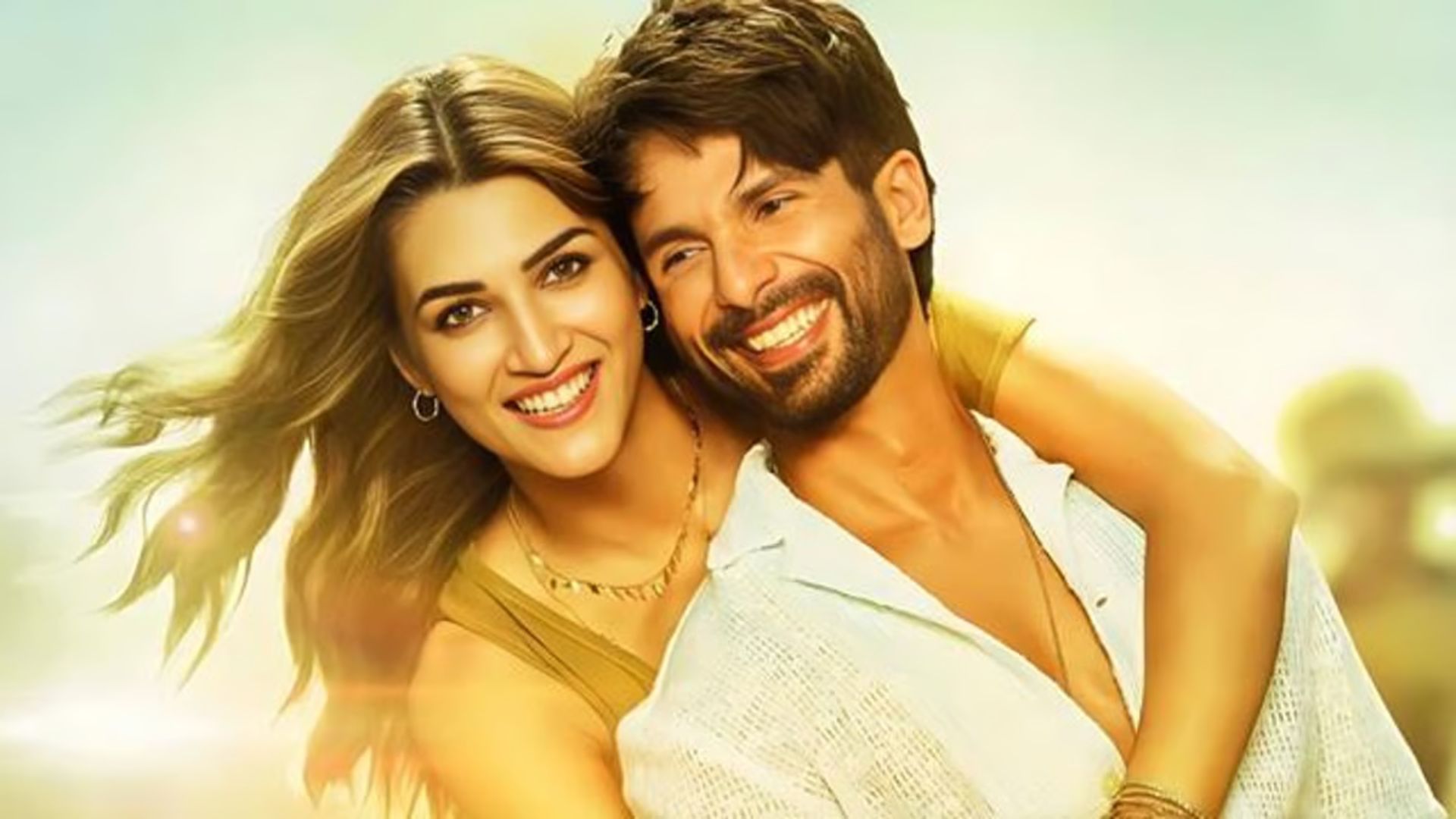
Shahid Kapoor is a good partner to have. Even though his act has been practiced and rehearsed, you still gasp when he performs the pyaar-vyaar. And that’s true even when he’s with his newest obsession, Sifra, a superintelligent robot that feels and looks human and is portrayed by Kriti Sanon. The problem is that this is only partially true because long stretches of “Teri Baaton Mein Aisa Uljha Jiya,” a cumbersome title for a movie that feels even longer, are just such a jumbled mix of genres, full of clichéd characters: sci-fi meets mushy romance meets devoted Indian parivaar. How are you, dear?
It’s time for Aryan (Shahid Kapoor) to meet Sifra (Ashish Verma), somewhere in the USA, under the watchful eye of his super-creator maasi (Dimple Kapadia). Aryan and Monty, his best friend and fellow robot enthusiast, float around a plush office talking robotics. This is the kind of movie where it’s acceptable to call a generic scene “USA” in case we find the names of particular cities to be too significant. Thus, here we are in America, surrounded by a gorgeous female robot and a man who despises Shaadis. Naturally, there is singing and sizzling as the sheets become nicely crumpled. Even though Aryan, also known as Aaru, is aware of the truth, he is nonetheless utterly enamored with Sifra as she pretends to be a devout Indian wife by responding “theek hai” to everything he says.
You might think, “Wow, we might be in for a mature romantic comedy with existential questions about men and machines, the morality of building emotional robots, and the whole control thing.” The filmmakers respond, “Haha, gotcha,” and take us back to the days of “Hum Aapke Hain Koun,” complete with a group of mummyji, daddyji, dadaji (Dharmendra), bua, phoofa, and the obligatory scenes featuring Manyavar suits, sagaai, and sangeet.

